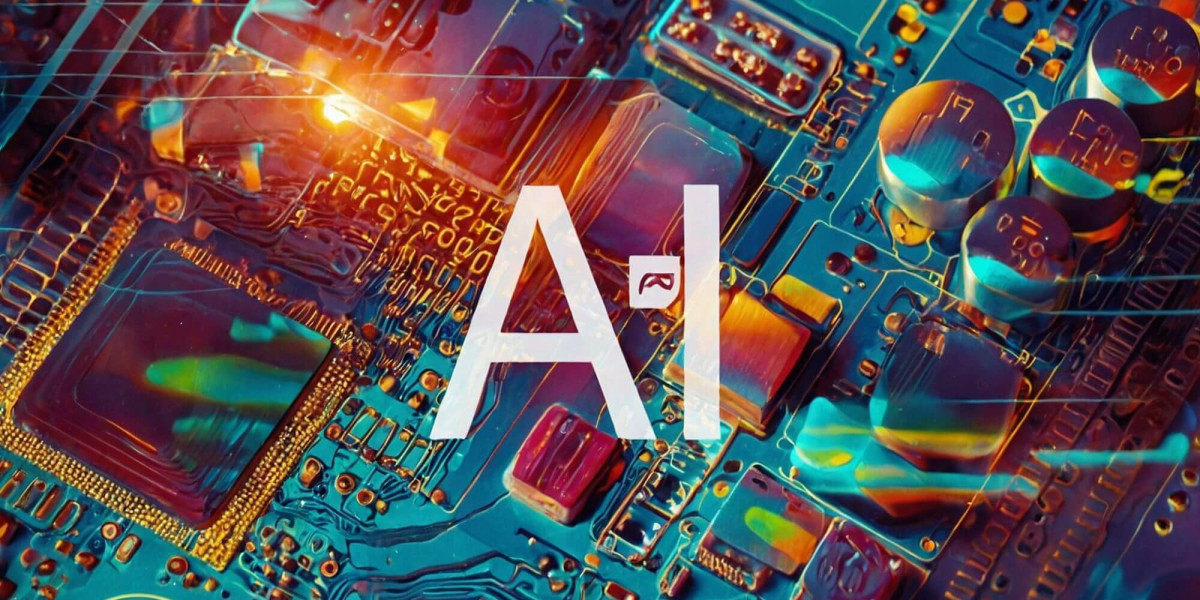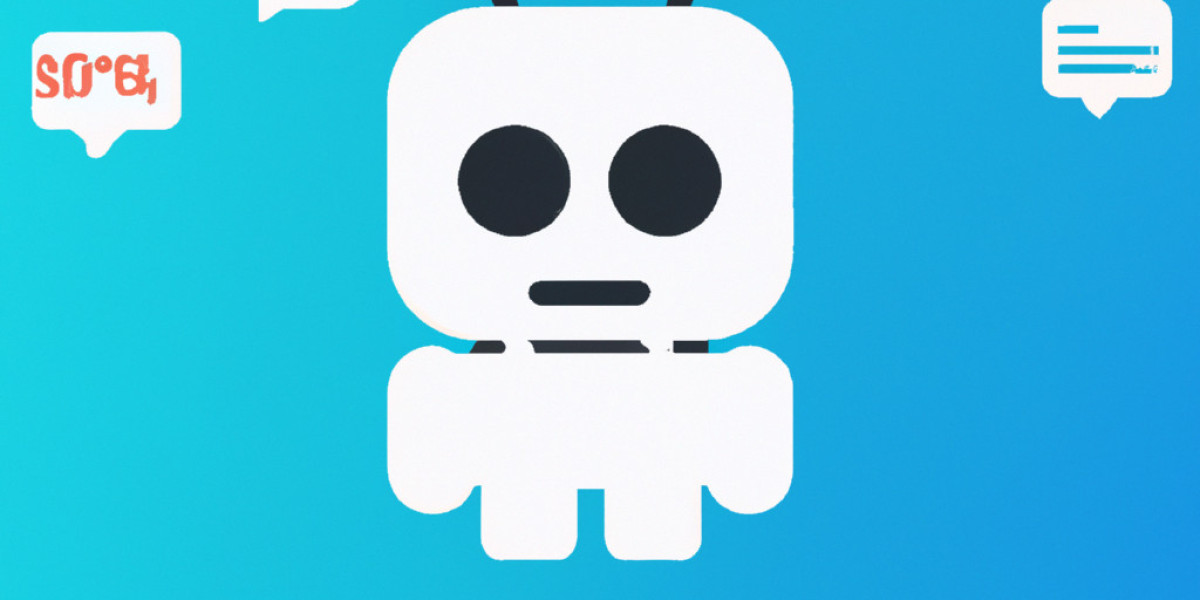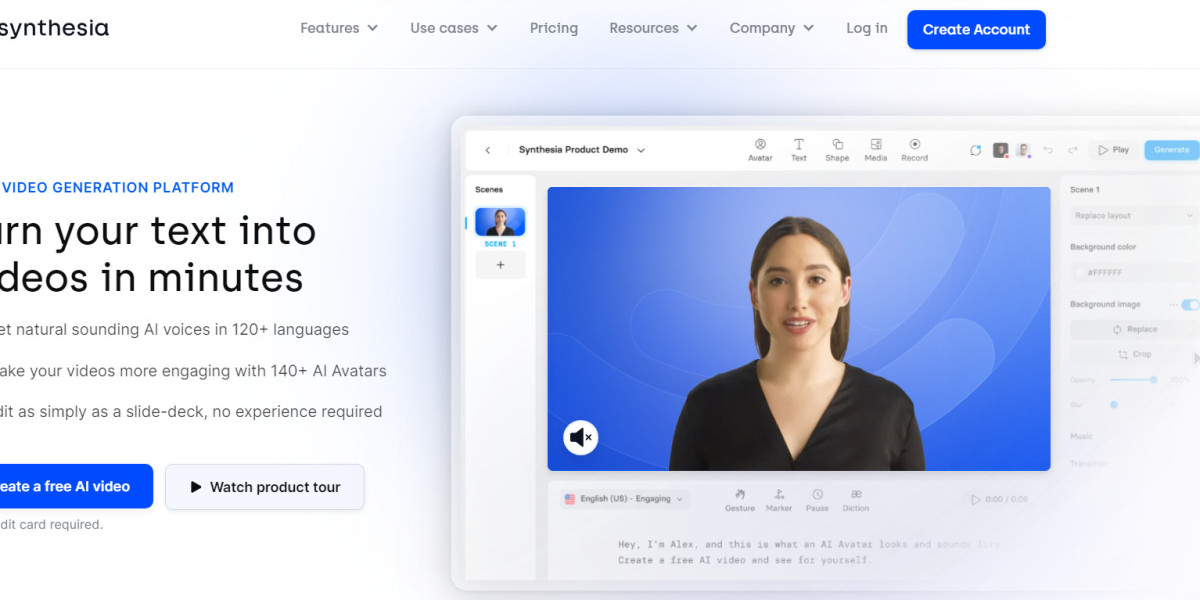In an era marked by rapid technological advancements, artificial intelligence (AI) has transcended its origins as a mere cinematic fantasy to become a ubiquitous force in our daily lives. From smart home devices and autonomous vehicles to precision diagnostics in healthcare, AI is reshaping our world at an astonishing pace. As we navigate this transformative period, it is crucial to reassess AI's profound impact on society, addressing not only technological innovations but also ethical considerations, human values, and future planning.
Artificial intelligence (AI) is no longer a figment of science fiction but an integral part of our everyday existence. It infiltrates various aspects of our lives, from optimizing home environments through temperature control and mood-enhancing music to providing virtual companionship during moments of solitude. While these advancements enhance comfort and efficiency, they also raise significant questions about the erosion of genuine interpersonal interactions.
- Transforming Lifestyles and Emotional Connections
AI applications in domestic settings offer considerable convenience, improving our living conditions and providing virtual companionship. However, these benefits prompt us to consider whether, in the pursuit of convenience, we are losing authentic emotional connections with others.
As AI evolves, it should aim to enhance rather than replace human emotional bonds. The goal should be to make technology a bridge connecting human hearts, not a barrier to genuine emotional exchanges.
- Industry Transformation and Balancing Human Value
AI is driving unprecedented changes across various sectors, including manufacturing, healthcare, and education. It has significantly increased efficiency, improved medical accuracy, and personalized education. Yet, these advancements must not come at the expense of human value.
In the era of intelligent automation, we face the challenge of protecting employment opportunities and mitigating the risk of technological inequality. In AI-assisted healthcare environments, maintaining the core role of medical professionals and preserving trust between doctors and patients are crucial issues that need addressing.
- Ethical Frameworks and Accountability
As AI technology advances, the ethical dilemmas it presents become more pronounced. Decisions made by autonomous vehicles and potential biases within AI systems challenge our moral judgment.
Establishing comprehensive AI ethical guidelines and clarifying responsibilities are urgent tasks. Only through robust ethical frameworks can we steer AI technology in a direction that benefits humanity.
Conclusion
The future of AI should not merely be a technological spectacle but a reflection of human spirit and capability. AI should expand our abilities rather than replace us; it should be a tool for solving problems, not the source of new ones.
As we embrace the limitless potential of AI, it is imperative to remain grounded, cherishing human emotions and warmth as irreplaceable aspects of our existence.







